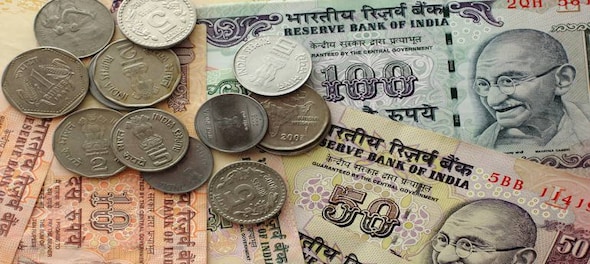
The CIBIL or credit score has become a key benchmark for understanding an individual's loan credibility for financial institutions in India. The CIBIL score is a number measured between 300 and 900 and is calculated by the credit information companies in India.
Live TV
Loading...
For the uninitiated, a CIBIL score above 750 is considered an excellent score, while a score between 650 to 750 is deemed average and below 650 is a poor score.
Since an individual’s credit score is not a static number, it can keep changing periodically. And there can be instances when the credit score falls.
Here are some of the most common reasons an individual's CIBIL score may fall:
Low credit utilisation ratio
The credit utilisation ratio is an important factor that affects credit scores. It only takes into consideration one’s revolving credit, i.e., the credit card.
To have this ratio contribute positively to the credit score, Gaurav Jalan, CEO and Founder at mPokket says that it is best to use approximately 30-50 percent of the credit limit available on the card.
“If the utilisation becomes too high, it will impact the credit score negatively even if balances are paid on time."
New loan application
The other scenario wherein a sudden credit score drop may occur is when a person has applied for a new loan.
As per Jalan, lenders often pull a hard report on credit scores when individuals apply for a new loan. Such a hard inquiry can temporarily lower the credit score, which usually returns to normal after regular EMI repayments.
“Therefore, it is best to avoid applying for multiple loans to reduce the number of hard enquiries on one’s credit report."
Missed paying loan EMI
The most common factor, however, is when a borrower misses paying a loan Equated Monthly Installment (EMI).
According to mPokket's Jalan, “This has an immediate negative effect on the credit score since repayment history is one of the most crucial factors determining a person’s score. A record of timely repayments is essential for a higher credit score. In case a payment is missed for any reason, it is advisable to repay EMIs, along with all the added interest and charges, at the earliest."
Loan shopping
“Shopping” for a loan (i.e. applying to many lenders at the same time) is also said to lower credit scores.
According to Vikram Rathi, CRO at Clix Capital, there are individuals who may not have a pressing need for a loan but find it intriguing to check out lender apps to see how much money they can lend.
"They should resist this temptation as when they actually need a loan, this behavior might be disastrous," Rathi states.
On closing an existing credit card
Another interesting scenario wherein the score may drop, according to Jalan, is when an existing credit card is closed, especially one that has been used for a long time. Since the credit history accounts for most of one’s credit score, maintaining an extended history is necessary for a higher credit score.
So, how can one recover such dramatic decreases?
According to Rathi, there are two things that must be kept in mind in such cases -regular repayment and judicious borrowing.
"Another strategy to boost bureau score is to pre-paying the debts before the loan term finishes if cash flow permits it. This would not only save money on a potential monthly interest, but it would also help individuals in improving their credit score. Also, they should try not to “max out” the revolving credit lines, such as credit cards, and use the limit wisely," Rathi suggests.
Disclaimer: The views and investment tips expressed by investment experts on CNBCTV18.com are their own and not that of the website or its management. CNBCTV18.com advises users to check with certified experts before taking any investment decisions.
Check out our in-depth Market Coverage, Business News & get real-time Stock Market Updates on CNBC-TV18. Also, Watch our channels CNBC-TV18, CNBC Awaaz and CNBC Bajar Live on-the-go!


Lok Sabha elections 2024: From Wayanad to Shivamogga, key battles in the second phase
Apr 25, 2024 2:01 PM
EC probes allegations of MCC violation by Modi, Rahul; seeks response by April 29
Apr 25, 2024 1:32 PM
LS polls phase 2: Rahul Gandhi, Shashi Tharoor in fray; Hema Malini, Om Birla eyeing hat-trick
Apr 25, 2024 12:19 PM
UP constituencies to witness three-cornered fight in second phase tomorrow
Apr 25, 2024 10:47 AM

